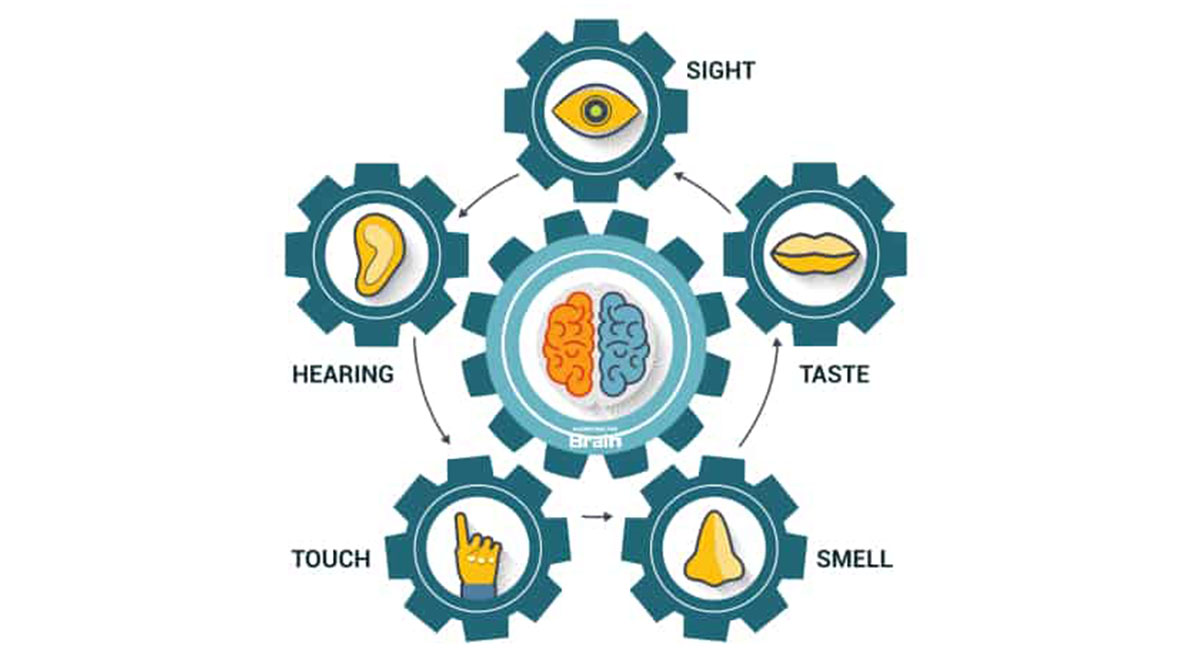Written By Maria Ramos
As human beings, we use our senses to explore and understand the world around us. For young children under the age of 2 years old, sensory exploration is crucial for their development. It is through sensory experiences that they learn and understand the world around them, develop their cognitive, physical, and social-emotional skills, and build their brain’s neural connections.
In this article, I will explain the importance of sensory exploration and I will provide some examples of activities using natural resources that can enhance your child’s sensory experiences and at the same time will give you some beautiful memories and fun time with them.
During the first two years of a child’s life, their brains are developing in no time. Sensory exploration allows them to learn, grow, and flourish. Children at this age have a natural curiosity to touch, taste, smell, hear, and see the world around them. By providing them with several opportunities to explore their senses, we encourage their curiosity and creativity also, promote their learning and development, and strengthen their neural pathways.
Sensory exploration also helps children to develop their motor skills, language skills, and social skills. Through sensory experiences, children can develop their coordination, balance, and hand-eye coordination. They can also learn new words, sounds, and concepts. Lastly, sensory exploration can provide a calming effect on young children, which is essential for their overall well-being and development.
One of the best ways to encourage sensory exploration in young children is by using natural resources such as sand, water, leaves, and flowers… this will offer a variety of textures, smells, and sounds that can stimulate your child’s senses and provide them several opportunities for learning and exploration. Also, natural resources are cheap!
Here are some examples of activities that you can do with your child using natural resources:
1. Nature trips: you can go on a walk through a park or a natural place and encourage the child to touch and smell different plants and flowers. Point out different colours and textures and talk about the sounds you hear and the animals that you can see. Also, these trips will give your child the opportunity to walk through uneven surfaces and will help him/her develop their gross motor skills.
2. Sensory bins: Fill out a bin with different materials such as rice, sand, cereals, flowers, leaves, sticks, and spices (mint, rosemary) … and let your child explore with his/her hands. For instance, add spoons, cups, and other tools to the bin to encourage him/her to pour and scoop.
3. Water play: Fill out a bucket with water and let your child splash and play with different objects such as sponges, cups, pipettes, dollies, animals… Add bubbles or food colouring to the water to make it more exciting and to develop their sense of smell.
4. Sensory bath: after a busy day… set up a bathtub, relax music, and add some yellow flowers and lemons (slices), green flowers such as mint and cucumber (slices), orange flowers, and oranges (slices). Your child will love it he/she will enjoy the colours on the water smelling and tasting and you both will have so much fun. Finish it with a relaxing massage using baby oil.
There are several pedagogies that support sensory exploration for young children. Some examples:
The Maria Montessori method emphasizes the importance of sensory experiences and encourages children to learn through exploration and discovery.
The Reggio Emilia approach is an educational philosophy that values the child as the protagonist of their own learning. It encourages children to learn through exploration and discovery and to engage with the world around them using all of their senses. The Reggio Emilia approach also emphasizes the use of natural materials and resources to support children’s exploration and learning.
In conclusion, sensory exploration is an essential aspect of early childhood development. It provides children with opportunities to learn, grow, and develop their cognitive, physical, and social-emotional skills. Natural resources provide a variety of textures, smells, and sounds that can stimulate a child’s senses by engaging children in sensory activities, parents and teachers can support children’s learning and develop development and help them to flourish.



